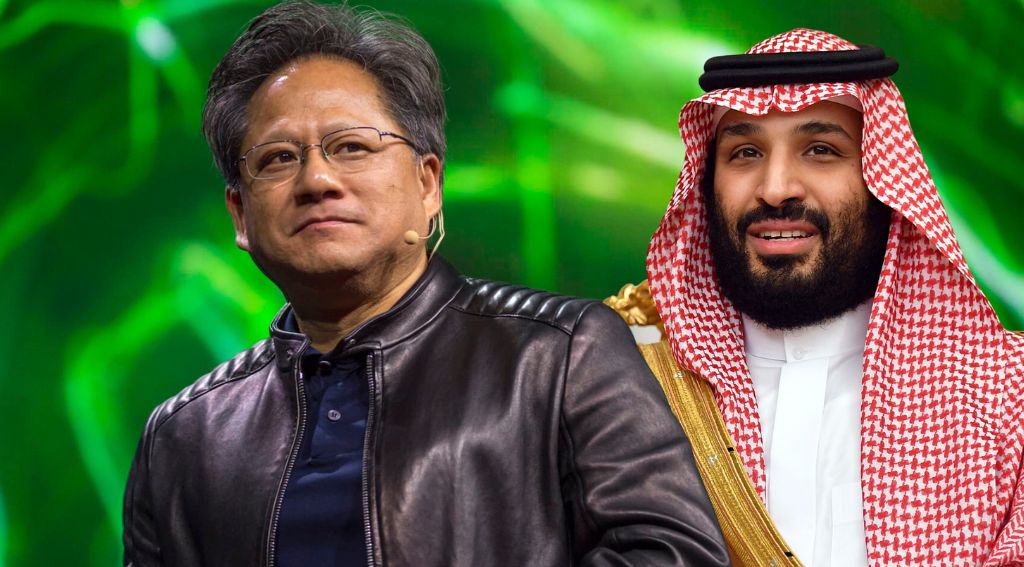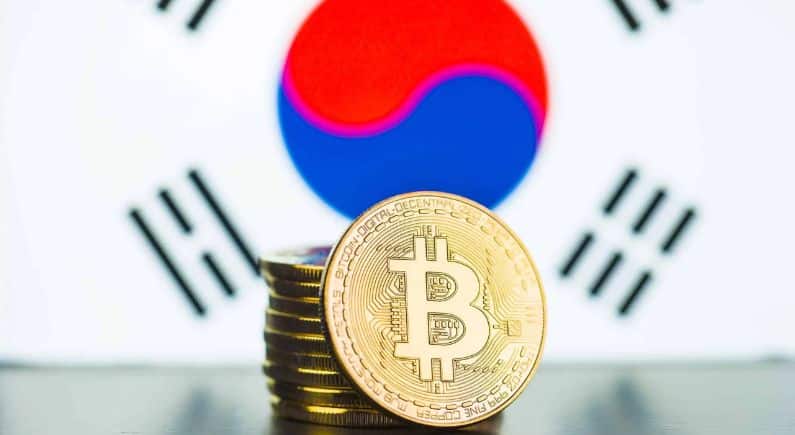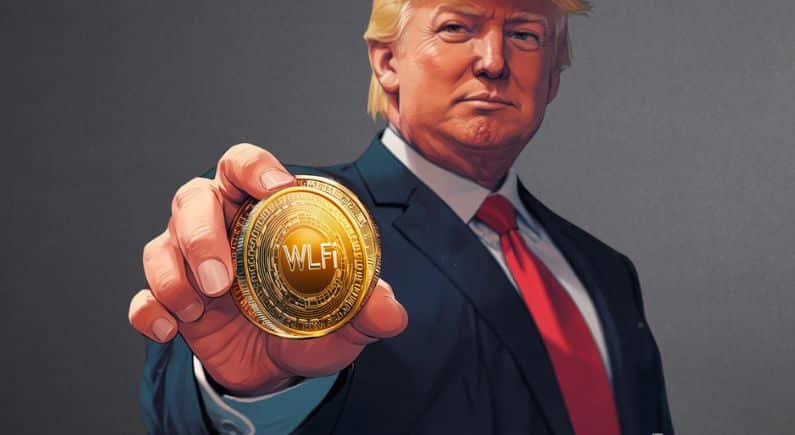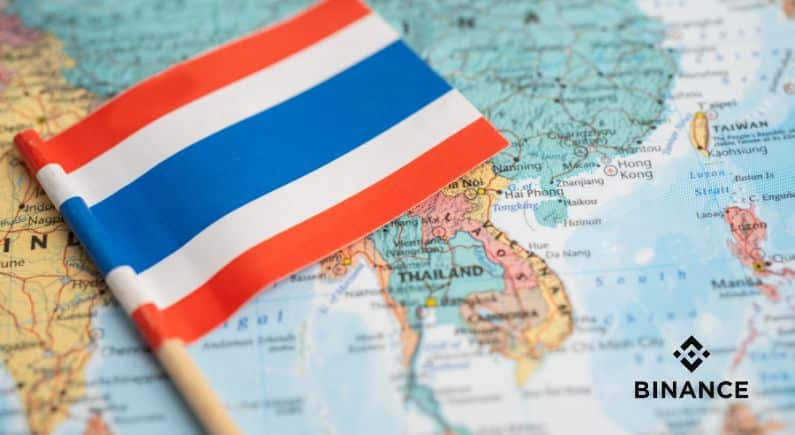Saudi Arabia and UAE race for Nvidia chips to power AI ambitions

Saudi Arabia and the United Arab Emirates (UAE) have embarked on a race to acquire thousands of high-performance Nvidia chips, crucial components for developing AI software. This strategic move has set off an international scramble for these chips, further aggravating the ongoing global shortage of semiconductors.
Gulf states aspire to lead AI field
Both Saudi Arabia and the UAE have expressed aspirations of leading the AI field, with plans to boost their economies using cutting-edge technologies. However concerns have been raised about the potential misuse of AI advancements in the hands of these autocratic leaders in the Gulf States.
Reports reveal that Saudi Arabia has secured at least 3,000 of Nvidia’s H100 chips, valued at US $40,000 each, through the public research institution King Abdullah University of Science and Technology (Kaust). During a recent AI summit, His Royal Highness Prince Mohammed bin Salman bin Abdulaziz, the Crown Prince (pictured above on the right), said “I hereby invite all dreamers, innovators, investors and thinkers to join us, here in the Kingdom, to achieve our ambitions together and to build a pioneering model; to unlock the value of data and AI in order to build knowledge-based economies and advance our present and future generations”.
Limited semi conductor supplies
Nvidia CEO Jensen Huang described the H100 chip as “the world’s first computer chip designed for generative AI.” Meanwhile, the UAE has also acquired access to thousands of Nvidia chips and has already developed its own open-source large language model, known as Falcon.
The UAE’s commitment to self-sufficiency in AI and technology is evident, with an aim to reduce dependency on major players like China and the United States. The UAE’s abundant capital acquired as a result of the country’s energy resources, coupled with the country’s ability to attract global talent, have been instrumental in the pursuit of being a pioneer in AI
The Gulf states’ acquisition of Nvidia chips comes at a time when leading tech companies worldwide are vying for limited semiconductor supplies to advance AI development. Companies from China, including Tencent and Alibaba, have also been reported to be sourcing Nvidia’s high-performance chips.
Saudi Arabia’s Kaust is developing a supercomputer
While the primary users of Nvidia’s chips are major American companies like Microsoft-backed OpenAI and Google, Saudi Arabia’s Kaust is set to receive around 3,000 of the latest H100 chips by the end of 2023. The university is constructing a supercomputer, named Shaheen III, which will run on Nvidia’s superchips, specifically designed for advanced AI applications. Earlier this month, CEO of Nvidia Jensen Huang (pictured above on the left), said that the AI technology powered by Nvidia’s chips will “reinvent the computer itself.” He added that computing platforms as they are currently known will soon be replaced by powerful new AI platforms.
In addition, the UAE’s Falcon model, developed on 384 A100 chips, has drawn attention from AI experts for its accomplishments in the open-source AI community. However, concerns have been raised by Western AI leaders and human rights experts with regards to the absence of ethical guidelines and safety measures in AI projects developed by these Gulf nations.
As Saudi Arabia and the UAE invest in AI capabilities to position the countries as AI powerhouses, there is a a global semiconductor shortage that continues to flag a potentially high risk situation.
Related topics:
??? ???? SiGMA ???????????? ✈ LIMASSOL, CYPRUS | 4-7 SEPT and WILLEMSTAD, CURAÇAO | 25-28 SEPT
FTX founder Sam Bankman-Fried incarcerated as bail is revoked (aibc.world)
.Significant impact on Nvidia as Biden restricts export of AI chips (aibc.world)
AIBC Insight: Impact of fintech on Commercial Real Estate






